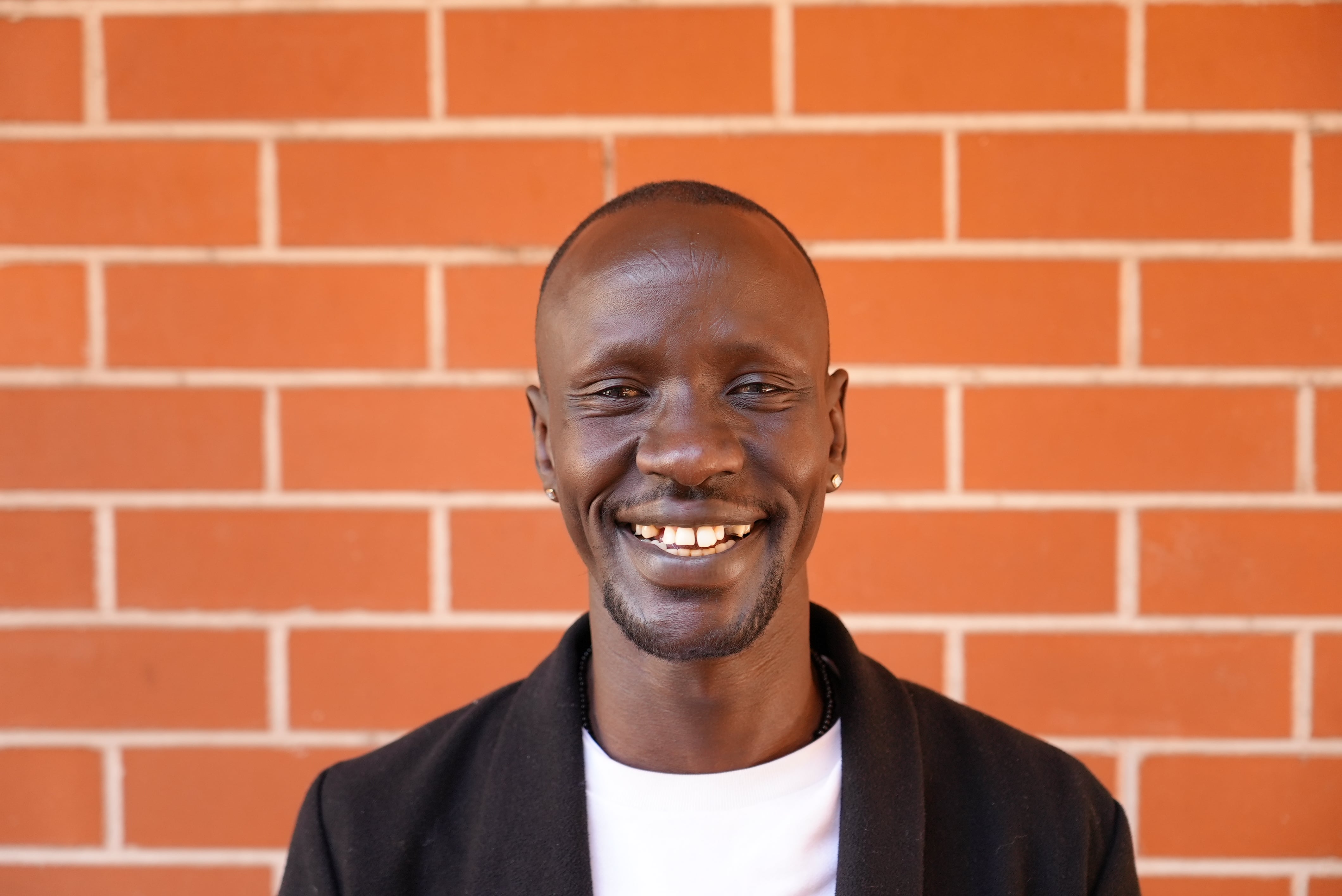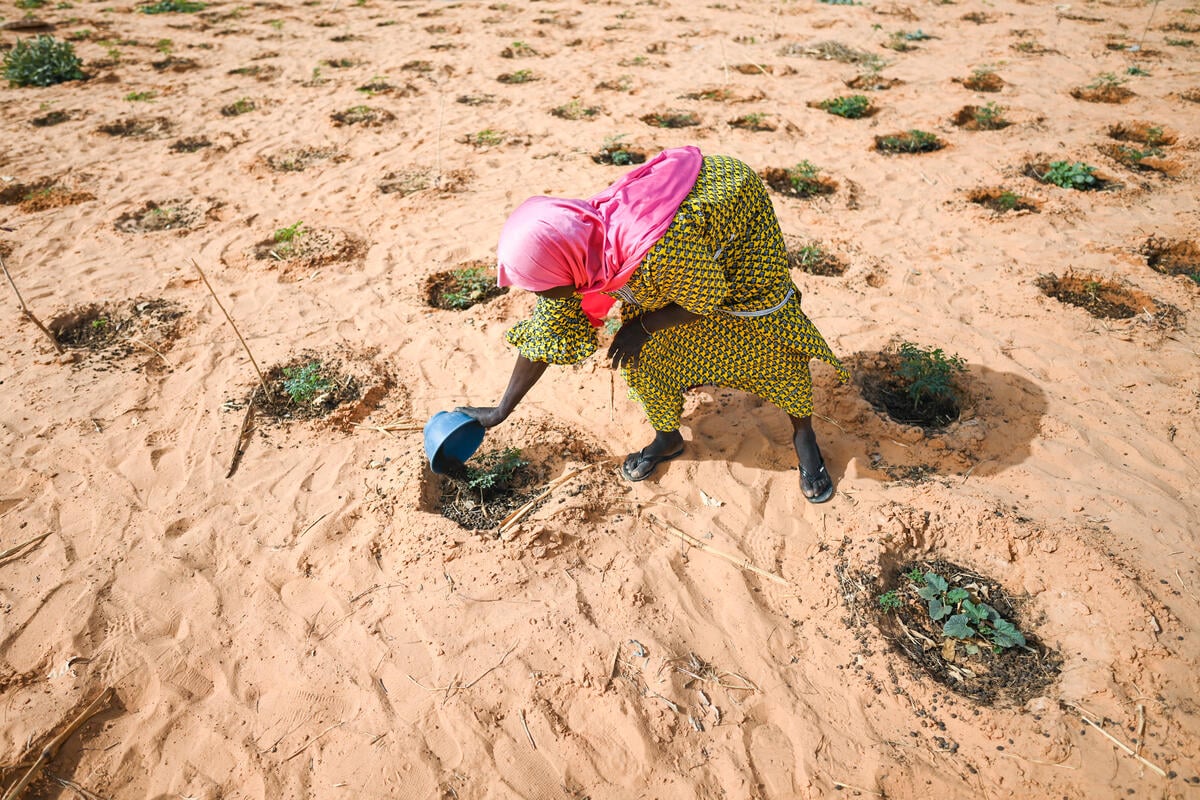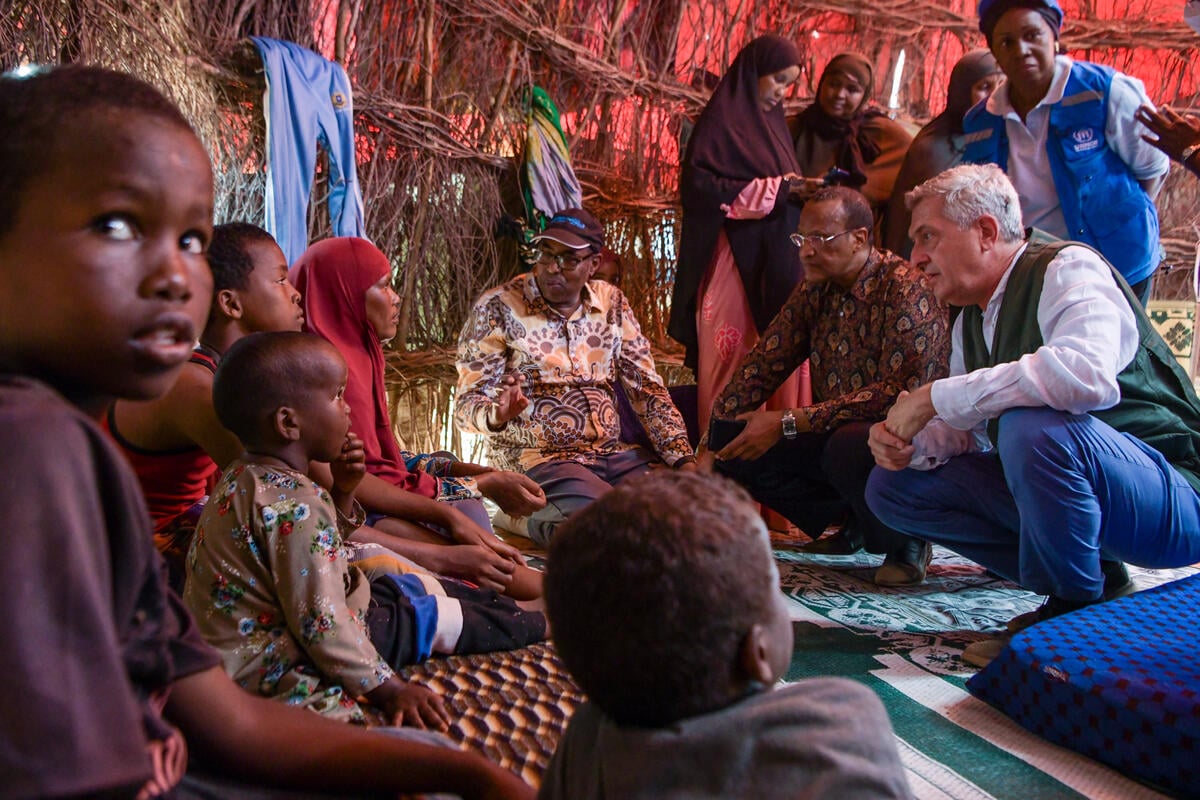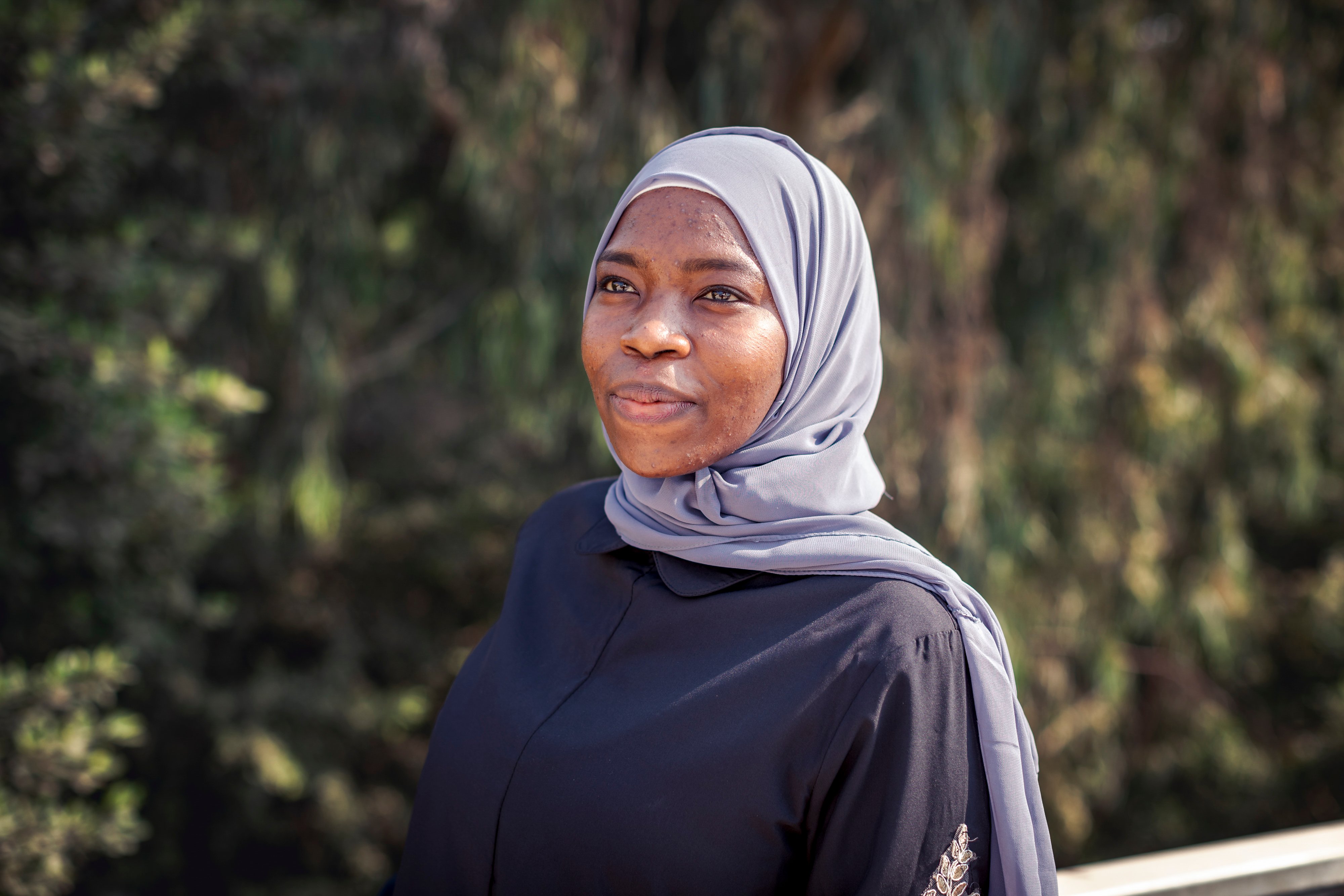The charcoal boys
Anas is 12 years old. In other parts of the world, children his age spend their days at school. But Anas is a Syrian refugee, one of over a million who have fled to Lebanon.
To help his family of six survive, he now spends his days sorting lumps of charcoal to be sold as fuel. Stuffing them into sacks, he is among a growing number of child refugees who must work to help their families survive in a foreign land.
Although Anas's parents would prefer that he returned to school, as tens of thousands of Syrian refugee children do, they feel they have little choice. "My dad cannot find work, neither can my mum or sister," the boy explains. And with rent topping $200 a month and his little sister falling ill, even the $5 a day that Anas earns is essential.
With millions of Syrian refugees crossing borders to escape the war, child labour is a growing concern. UNHCR and its partners are tackling the problem by counselling parents and employers, providing cash assistance to the neediest families and developing programmes where children can study during their free time.
"I miss school," says Anas, washing up after a dusty day at work. "Playing with friends, chasing each other, hide and seek, karate."
When children are found to be working excessive hours or at risk of abuse, their cases are given priority by protection workers. "We cannot stop child labour from happening," says UNHCR Lebanon's child protection coordinator, Elsa Laurin. "But we can mitigate the impact."
Anas takes pride in helping to support his family, but he wishes he had other options. "I miss school," he says, washing up after a dusty day at work. "Playing with friends, chasing each other, hide and seek, karate."
Like so many Syrian children, young Anas is growing up too fast.










